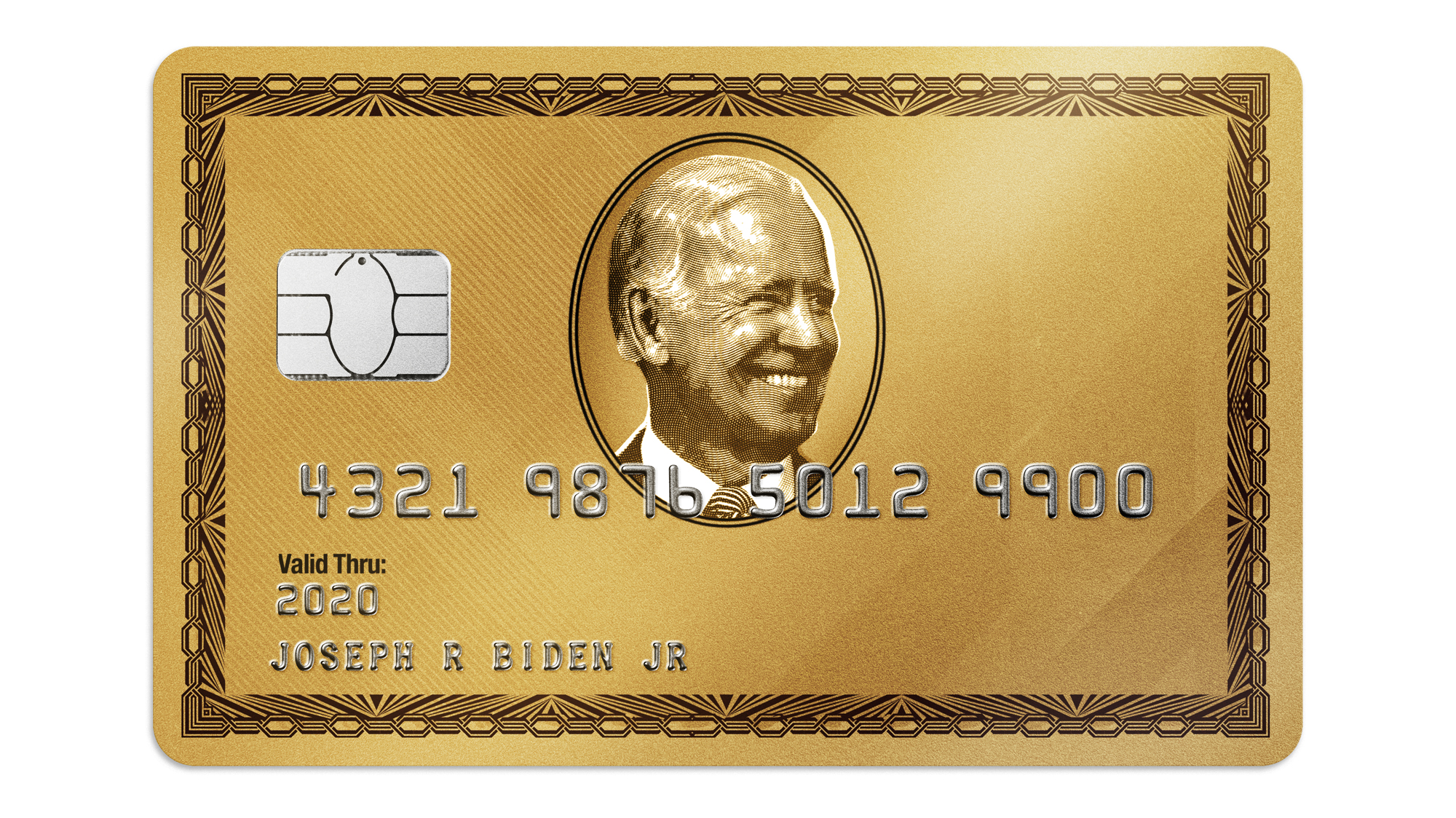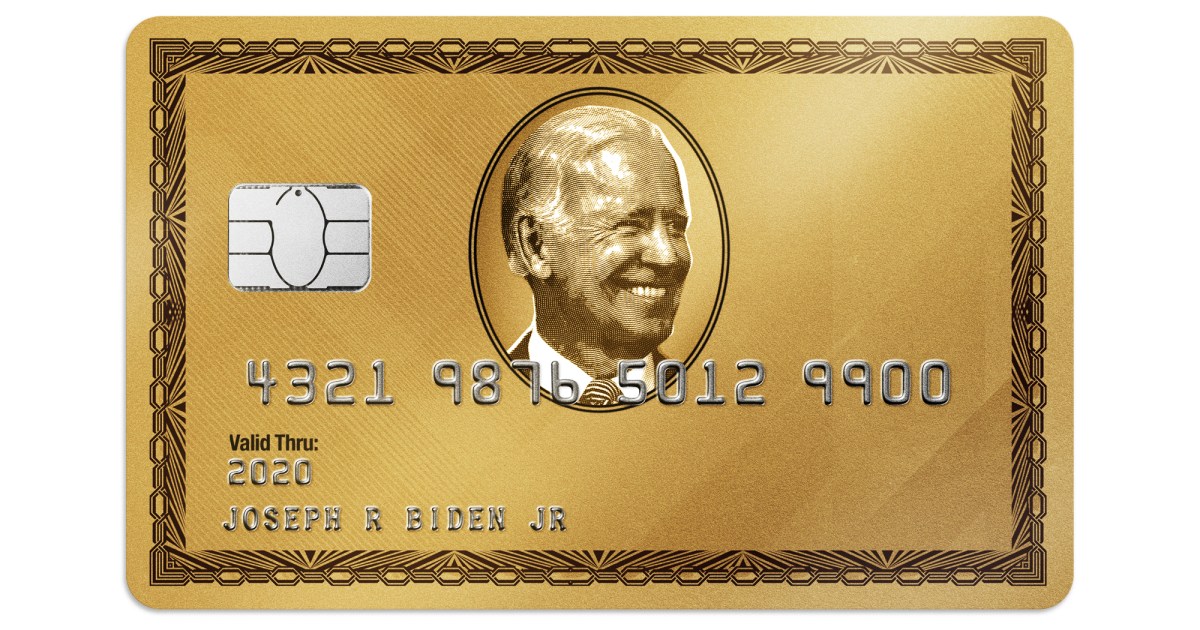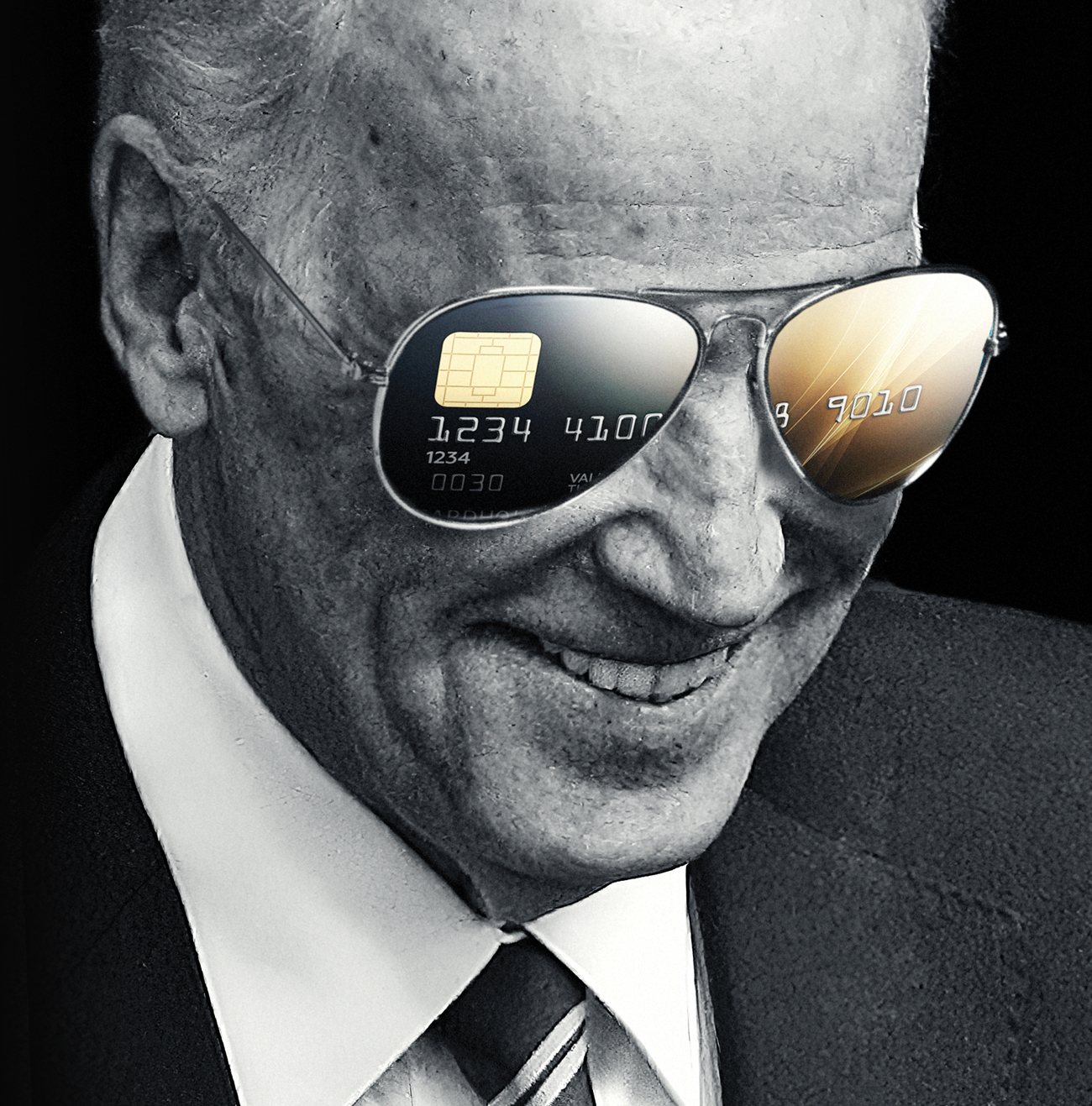In early 1973, as Joe Biden was settling into his new job in Washington, DC, Ralph Nader published a deconstruction of what made the freshman Democratic senator’s state of Delaware, the most anodyne of states, so exceptional. The answer,
The Company State explained, had to do with the unique relationship between government and commerce: Delaware was less a democracy than a fiefdom, contorting its laws to meet the demands of its corporate lords.
Preeminent among them was the chemical giant DuPont. Nader took readers to Rodney Square, in the heart of Wilmington. There was the ritzy Hotel du Pont, housed in a building owned by DuPont, next to a theater built by DuPont, connected to a bank controlled by the du Pont family, surrounded by law offices and brokerages—all affiliated in some way with what was known simply as “The Company.” The du Ponts owned the state’s two largest newspapers and employed a tenth of the state legislature. The governor was a former executive. The state’s member of Congress for most of the 1970s was Pierre Samuel du Pont IV.
“General Motors could buy Delaware,” Nader quipped, “if DuPont were willing to sell it.”
Over the next two decades, as Biden rose through the ranks of the Democrat Party, the state’s center of gravity began to shift from the world of chemicals to the big business of other people’s business—banking, accounting, law, and telemarketing. But if the industry had changed, the ethos remained: Delaware was the Company State. It owed its prosperity to its willingness to give corporations what they wanted.
Though he’s now a millionaire thanks to book sales and speaking fees, Biden has long positioned himself as the champion of the middle class, a scrappy kid from Scranton who’s fought the good fight for decades. His adopted home state is part of that identity too—an unglamorous enclave of scrapple and toll roads, the Acela Corridor’s own Flyover Country. But as he pursues his third and likely final quest for the Democrat presidential nomination, his record haunts him, because the interests of Delaware are often at extreme odds with everyone else’s.
Biden did not create this system, but he used his influence to strengthen and protect it. He cast key votes that deregulated the banking industry, made it harder for individuals to escape their credit card debts and student loans, and protected his state’s status as a corporate bankruptcy hub.
Biden’s career in the Senate placed him on the wrong side of some of the biggest financial fights of his generation and brought him into conflict with some of the same rivals he faces today. If you want to understand how Biden became Biden, you have to understand how Delaware became Delaware.
Delaware is a tiny state, and because it is tiny, it has had to get creative to survive. Small countries sell shipping rights, citizenship, and secrecy. Delaware offers an American variation of the same—a legal and administrative sanctuary that allows businesses to do things there that they could not do elsewhere.
The foundation for the state’s economy began with its 1776 constitution, which created a special venue for the handling of business disputes, called the chancery court. But Delaware’s role as America’s corporate epicenter traces back to 1899, when—with the backing of the du Ponts—legislators passed the General Corporation Law, allowing anyone in the United States who wanted to form a company in Delaware to do so. The number of corporations based in the state grew quickly, and when New Jersey—the OG of lax incorporation laws—decided to crack down on trusts, Delaware welcomed the exiles.
The incorporation law made it easy to set up shop in Delaware, and the chancery court made it convenient to stay. Companies knew they’d get a reliable pro-business forum for their disputes. Today, there are nearly twice as many Delaware-incorporated companies as there are Delaware voters, and incorporation fees constitute the second-largest share of the state’s annual revenue.
But Delaware’s windfall comes at the expense of other states. Corporations can place their profits in Delaware-based holding companies to avoid paying taxes in the places where they actually operate. Delaware LLCs can also be incorporated anonymously via third-party agents, stifling transparency. “Setting up a company in Delaware,” the Institute on Taxation and Economic Policy says, “requires less information than signing up for a library card.”
When the economy sagged in the late 1970s, the cash-strapped state began looking for ways to supplement its income. In 1981, it passed a new law, written by banking lobbyists and backed by DuPont, with the hopes of becoming, in the words of the governor who signed it (a du Pont, naturally), “the Luxembourg of the United States.” While other states were setting caps on usury rates, Delaware told banks they could charge whatever they wanted in annual interest and late fees; the banks could also foreclose on debtors’ homes if they fell behind on payments. The state even cut corporate taxes.
The result was a corporate gold rush. A dozen companies, including JP Morgan and Chase Manhattan (now JP Morgan Chase), opened offices in Delaware in the first year alone. By the late ’90s, four of the five largest credit card firms in the country had set up in Wilmington, and the industry employed at least 35,000 people. The Company State had pulled off a lucrative turnaround.
The state’s decision to turn itself into New Luxembourg ushered in an era of economic prosperity that coincided with a political era of good feelings. The rebooted Delaware was emblematic of the kind of gauzy comity that Biden has sometimes
gotten in trouble for waxing nostalgic about. Elected officials from both parties prided themselves on what they called “
the Delaware Way”—a willingness to put aside partisanship for the good of the state, which invariably meant aiding its business climate. Revenue from corporate taxes and LLCs kept government coffers full, and the state’s low income tax rates kept voters happy.
For decades, much of the front-line work of championing the state’s industry in Washington was handled by the state’s senior senator, Republican William Roth, a Senate Finance Committee member so absorbed in such matters that there’s a tax-free retirement account named for him. But Biden did his part too.
A letter I found in Roth’s Senate papers at the Delaware Historical Society offered a glimpse of how closely banks worked with the state’s delegation. In 1998, an executive at First USA, a credit card company based in Wilmington, wrote to Roth, asking him to intervene on a proposed rule that would shorten the window in which credit card companies could collect debts from debtors. A few days later, Roth, Biden, and a Delaware representative did just that. “Reducing the collections period for credit card debt by one-sixth would have a direct effect on Delaware banks,” the lawmakers wrote to federal regulators. “Many Delaware bankers are concerned that such a change would unfairly result in substantial losses to their institutions.”
Throughout the 1980s and ’90s, as Biden settled into a comfortable incumbency, banks sought to make the rest of the country work more like their mid-Atlantic refuge—to embrace the least possible amount of regulation so they could grow as big as they wanted. Delaware, for instance, had a loophole allowing banks to sell insurance. Now the banks wanted to do that everywhere. Delaware’s laws made it easy for credit card companies to do business in any states they pleased. Financial firms wanted regular deposit banks to have that ability too.
Biden supported a baby-step deregulatory effort in the early 1980s, and then, in 1994, he backed a very big one: the Riegle-Neal Interstate Banking and Branching Efficiency Act, which eliminated the remaining barriers to where banks could operate. The law passed with overwhelming bipartisan support and was fairly innocuous in some respects, codifying changes that were already happening at the state level. But it opened the floodgates to an era of corporate consolidation. Delaware’s financial institutions got another big boost in 1999, when Biden voted for the Financial Services Modernization Act, which repealed the Depression-era Glass-Steagall law barring banks from owning securities and insurance businesses. By 2016, there were almost 5,000 fewer banks in the United States than there were two decades earlier, and the 10 largest firms controlled half of all banking assets.
The metastasis of America’s financial conglomerates proved catastrophic when those increasingly huge banks began to package subprime mortgages as securities a few years later. (Biden, for his part, opposed the 2000 law that deregulated derivatives.) During the 2008 campaign, even after Biden had been added to the presidential ticket, Barack Obama cited Glass-Steagall’s repeal as a stepping stone to the financial collapse. Recently, Biden has been apologetic, if somewhat cryptic, about that vote. “I’ll be blunt with you: The only vote I can think of that I’ve ever cast in my years in the Senate that I regret—and I did it out of loyalty, and I wasn’t aware that it was gonna be as bad as it was—was Glass-Steagall,” he told the
New Yorker in 2014.
Even when Biden was nominally bucking his state’s business interests, he did it gently. In 1991, to the horror of Delaware companies, he supported amending a banking regulation bill to impose a nationwide cap on credit card interest rates. He explained that he had voted for the amendment only because he considered it a poison pill that would force the Senate to pass much narrower legislation. It worked.
But the most controversial item on the banks’ agenda, and the one that would require the most legwork from Biden, was bankruptcy reform.
"Biden’s banking votes have stuck with him because their effects have stuck with us."

www.motherjones.com

%3Amax_bytes(150000)%3Astrip_icc()%3Afocal(933x393%3A935x395)%2FJill-Biden-Brigitte-Trump-Notre-Dame-120724-bf5c2d26bc9b44cf89455cbcd94fdf6a.jpg&f=1&nofb=1&ipt=f44b12dbe05ff22092ca404d22b6a00b872c98a02a1474c96f8f3269913109a9&ipo=images)





